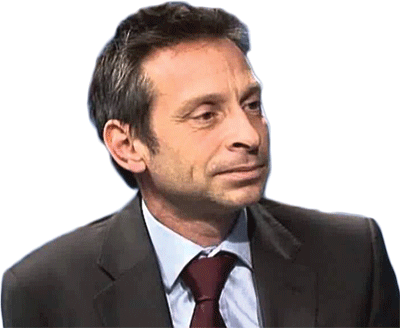
LONDON — Activity in the eurozone’s private sector grew more modestly than first estimated in December, according to surveys of purchasing managers, while businesses continued to cut their prices.
That combination of weak economic growth and low inflation maintains the pressure on the European Central Bank (ECB) to provide additional stimulus, and underpins market expectations that a government bond purchase plan will be announced as soon as the governing council’s January 22 meeting.
Data firm Markit yesterday said its composite purchasing managers index — a measure of activity in the manufacturing and services sectors in the currency bloc — rose to 51,4 in December from 51,1 in November. The final figure was below the preliminary estimate of 51,7.
A reading below 50,0 indicates activity is declining, while a reading above that level indicates it is increasing.
Markit’s survey of 5,000 manufacturers and service providers also showed that a significant pickup in activity is unlikely in the coming months, with new orders up only marginally following November’s decline.
The composite purchasing managers’ indexes (PMI) for the final three months of 2014 were the lowest since the third quarter of 2013, an indication that economic growth may have slowed from the already feeble pace recorded in the three months to September.
“The eurozone will look back on 2014 as a year in which recession was avoided by the narrowest of margins, but the weakness of the survey data suggests there’s no guarantee that a renewed downturn won’t be seen in 2015,” Chris Williamson (pictured), Markit’s chief economist, said.
The eurozone economy accelerated slightly in the third quarter, growing at a quarter-to-quarter rate of 0,2%, having expanded by just 0,1% in the second quarter. Williamson said the PMIs for the final quarter point to growth of just 0,1%.
- Chamisa under fire over US$120K donation
- Mavhunga puts DeMbare into Chibuku quarterfinals
- Pension funds bet on Cabora Bassa oilfields
- Councils defy govt fire tender directive
Keep Reading
The ECB has said it would reassess its existing stimulus policies, which include cheap bank loans and purchases of asset-backed securities and covered bonds, in early 2015 and decide whether to do more to ensure that annual inflation moves closer to its target of just below 2%.
However, the ECB has made it clear that it can only succeed in boosting growth and returning the eurozone’s inflation rate to its target if governments also play their part, by easing back on efforts to narrow budget deficits, and by reforming labour and product markets to encourage more investment spending by businesses.
— Online










